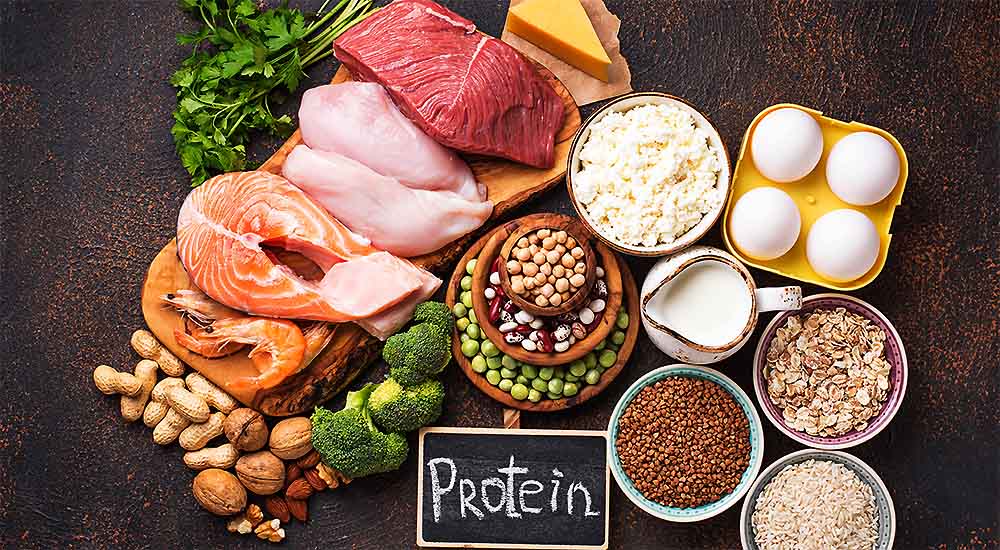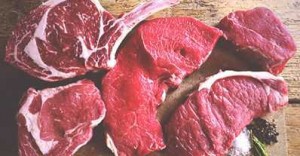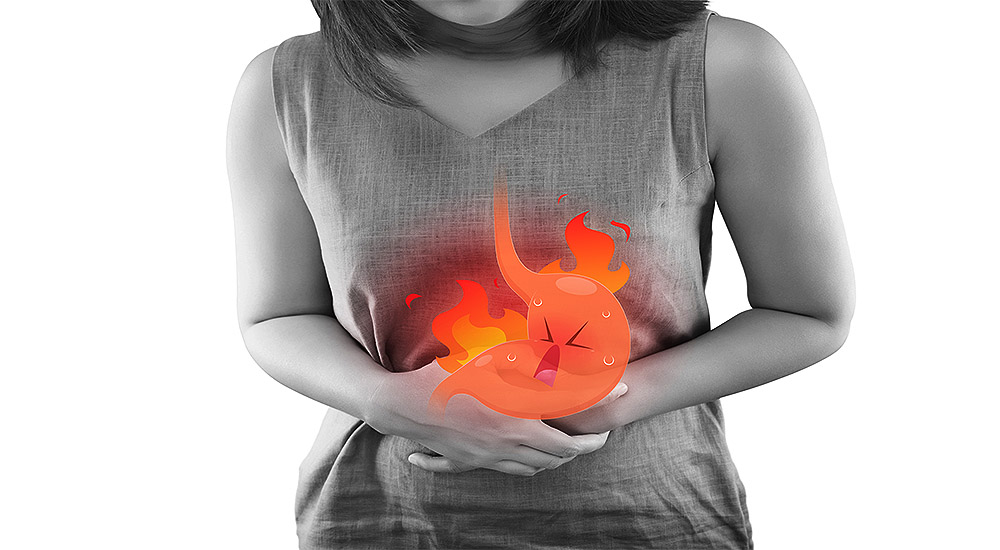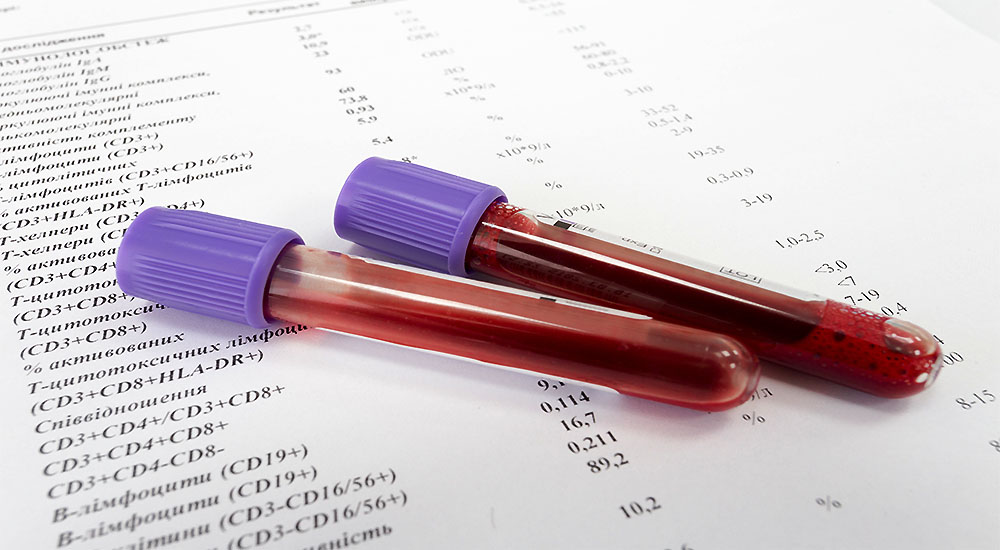Paleo Beware! Is a High-protein diet Healthy? Or Hazardous?

What’s the Perfect Huma n Diet?
n Diet?
As a clinical nutritionist here at Root Cause Medical Clinic, I’m often asked what the best diet is for optimum health—high protein, low protein, high fat, low fat? Certainly, there is an abundance of information that comes our way that confidently states completely opposing opinions. It can be confusing, to say the least. At our root cause clinic in the heart of Silicon Valley, we can help find the appropriate diet for you.
While I wish I had the perfect answer, 25 years in practice has definitely revealed some truisms about a healthy diet that I am happy to share with you. We are extremely clear that sugar, high fructose corn sweeteners, and refined carbohydrates such as white flour, highly processed, pre-packaged starches found in cereals, cookies, many pieces of bread, rolls, pastries, and the like are just never a good idea. Gluten content aside, highly refined carbohydrates raise insulin production—and that is associated with obesity, diabetes, heart disease, cancer, and overall inflammation. Inflammation causes degenerative disease—and refined carbohydrates and sugar create inflammation. There is little to no argument on that point.
Are All Carbs Created Equal?
Does that mean that ALL carbs are bad? Far from it! As bad as the simple carbs mentioned above are— their cousin, complex carbs, are wonderful. In the form of healthy fruits, vegetables, beans, and legumes, complex carbs (especially those in fruits and veggies), is chock full of healthy antioxidants and are themselves anti-inflammatory, thereby helping to prevent degenerative disease.
What’s the Skinny on Fats?
We are also clear that while a decent amount of good fats are absolutely required for health, bad fats in the form of trans fats, rancid fats, heavily processed fats (involving high heat and chemicals), and GMO-type fats (such as canola oil), can lead to dangerous neurological problems, obesity, and hormonal imbalance, to name just a few conditions. (Stay tuned for my soon-to-be-released book on healthy fats and oils.)
New Study Reveals Dramatic Story Underlying Protein Intake
So that leaves us with protein. Let’s discuss animal protein first since most Americans have been raised to believe that’s the only place you’ll find protein. Nothing could be further from the truth, but we’ll get back to that.
Here in the U.S., we love our protein, animal style. We push it and firmly believe that we need to consume some form of it in every meal. If you serve someone a big salad and there’s no chicken or sausage on top, they’ll feel cheated somehow. “Where’s the protein?”, they’ll ask. The fact that the salad may contain plenty of protein in the form of greens, nuts, and beans, is lost on the typical American.
Cancer and Early Death Are Linked to High Animal Protein Diets
Do we need so much protein? A recent study just released says “no”. In fact, the study suggests that a high protein diet creates a greater risk of cancer than smoking does. In fact, when it comes to middle-aged adults, low protein is likely the way to go.
Performed at the University of Southern California, data for over 6,000 people who participated in the National Health and Nutrition Examination Study were analyzed. The study occurred over a period of twenty years. Their findings? People are four times more likely to die of cancer if they follow a high animal protein diet. Why?
Protein is associated with increased production of the growth hormone, insulin growth factor 1 (IGF-1). The hormone is needed for growth and development early in life but is not beneficial later. In fact, it has been shown to be highly associated with cancer production in adults consuming high protein in the form of meat and dairy products.
In over 2,000 of the study participants, levels of the growth hormone IGF-1 were measured. For every small increase in IGF-1, those on a high animal protein diet were 9 percent more likely to die from cancer than their low protein counterparts. This aligns with earlier research showing a direct relationship between IGF-1 levels and cancer risk. Published in the journal Cell Metabolism*, the researchers stated that: “Seventy-four percent of the participants who followed a high animal protein diet were more likely to die earlier than those who followed a low protein diet. Cancer was not the only risk, death from diabetes was also increased.”
Moderate Protein is Also a Problem
The study also evaluated moderate protein intake and found that it, too, caused illness. Therefore the researchers proposed a low protein diet for middle-aged adults. Moderate protein intake was only recommended for the elderly due to a loss of weight and muscle mass that can occur in some elderly people. For them, the higher protein could help to maintain strength.

Therefore, Root Cause Medical Clinic calculates that a 150-pound adult would eat 3 ounces of protein per day. To get an idea of how much this is, see the photo of a boneless chicken breast that barely covers the palm of an adult’s hand. That is 3 ounces and it would signify an entire day’s protein allowance according to this data. The researchers felt that many Americans easily ate double the amount of protein they needed each day.
Interestingly, the same results observed in humans were also observed in mice. A low protein diet was seen to protect the mice from melanoma and breast cancer. It was felt that the low IGF-1 created by the low protein diet, protected against the DNA damage seen in cancer.
Low Protein is the Key to Health and Longevity
“We saw a big difference with low protein intake and reduction in overall mortality, cancer, and diabetes.” “Continuing to eat a high animal protein diet puts people at a 4-fold higher risk for dying of cancer and makes you twice as likely to die (shortens your lifespan) as compared to someone eating a low protein diet.” As the Director of the USC Longevity Institute put it, “The question is not whether a certain diet allows you to do well for three days, but can it help you survive to be 100?” It is important to note that it was the animal protein in high amounts that were harmful. The study noted the crucial difference between animal-based and plant-based proteins. Plant protein from beans, as an example, did not have the same mortality effects as the animal proteins. It was the high meat and dairy-based diets that were associated with early death and disease, not the plant-based ones.
Definition of high-protein diet: Consuming at least 20 percent of your calories from protein.
Definition of moderate protein diet: includes eating 10-19 percent of calories from protein.
Definition of low-protein diet: includes consuming less than 10 percent of calories from protein.
The study revealed that even those falling into the moderate category, averaging about 16% of their calories from protein, were yet 3 times more likely to die of cancer than those who ate a low-protein animal diet in middle age. The study sample represented a diverse ethnicity, education, and health background. Decreasing animal protein intake from moderate to low levels reduced the likelihood of early death by 21 percent.
Extrapolating to how the diet might affect tumor outcome, the researchers performed a study looking at tumor rates and progression among mice. There was not only a lower cancer incidence, but there was a 45 percent smaller average tumor size among mice on a low protein diet as compared to those on a high-protein diet. The final conclusion from one of the co-authors? “Almost everyone is going to have a cancer cell or pre-cancer cell in them at some point. The question is: Does it progress?” “Turns out one of the major factors in determining if it does is protein intake.”
So while you don’t necessarily need to become vegan, you should seriously consider the amount of animal protein you are consuming in your diet. I hope you found this helpful. Feel free to write back to me with any questions.
Do you need help with your health?
We have the diagnostic and testing tools, the clinical experience, and a different medical approach to discovering the root cause of why you have the symptoms that are bothering you. As long as you are ready to make some dietary and lifestyle changes, we can help you. We will "hold your hand" through the changes, step by step, to make each step an easy one. We are located in Clearwater, FL, at 1000 S Ft Harrison, at the corner of Ft. Harrison Ave. and Magnolia St. There is plenty of parking space directly accessible from Ft Harrison. If it is not convenient for you to come to Root Cause Medical Clinic, we offer telehealth/telemedicine consultations to residents of certain states. Call us for details.
Contact us for a Consultation – Call 727-335-0400

Dr. Vikki Petersen DC. CCN
Founder of Root Cause Medical Clinic
Certified Functional Medicine Practitioner
Dr Vikki Petersen is a public speaker, author of two books, several eBooks and creates cutting edge content for her YouTube community. Dr Vikki is committed to bringing Root Cause Medicine and its unique approach to restoring health naturally to the world.
Ask a Doctor
Have a health concern you'd like to speak with a doctor about? Or just want clarity on a subject? Ask Us!

 n Diet?
n Diet?
